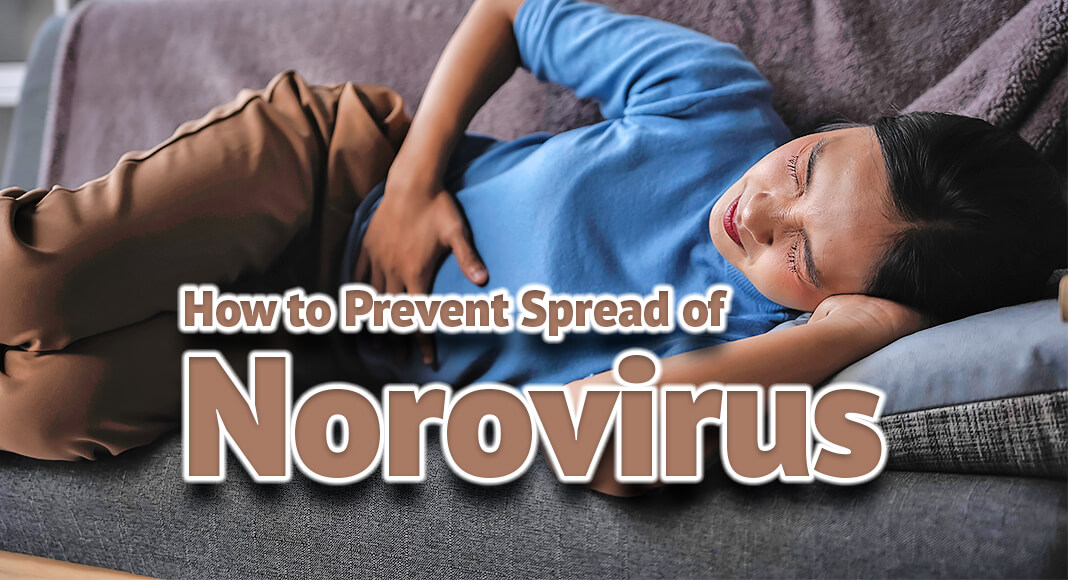
Mega Doctor News
CLEVELAND CLINIC – As cases of norovirus continue to be reported across the United States, some may be wondering what exactly that is and how they can protect themselves.
“Norovirus is a small virus that is known to cause outbreaks of gastrointestinal illness,” explained Donald Dumford, MD, infectious disease specialist with Cleveland Clinic. “Usually when there’s cases, it’s predominantly nausea and vomiting, and then a little less diarrhea.”
Dr. Dumford said norovirus is highly contagious, which is why we often see outbreaks in places where people are in close proximity, like holiday parties.
It’s also more common in the colder months.
Norovirus is typically spread through food and beverage contamination, touching contaminated surfaces, or being near someone who is sick.
Dr. Dumford said to help prevent the virus from making its way into your home, be sure to regularly wash your hands.
You should also sanitize all high touch areas, like counter tops, doorknobs and light switches.
The same advice applies if you’re already sick.
“With norovirus, there’s no treatment options. It is just giving it time to get better. Most people get better within 72 hours and usually symptoms will resolve completely by then,” said Dr. Dumford. “But I think it’s important when people are worried about having a gastrointestinal illness, to make sure to be overly cautious about washing your hands, not preparing food for others at those times and trying to keep yourself isolated as much as possible to make sure that you’re not exposing other people during your contagious period.”
Dr. Dumford said if you do wind up getting norovirus, it’s important to drink lots of water, otherwise you could risk dehydration.
If your symptoms become severe, it’s best to seek medical attention.










